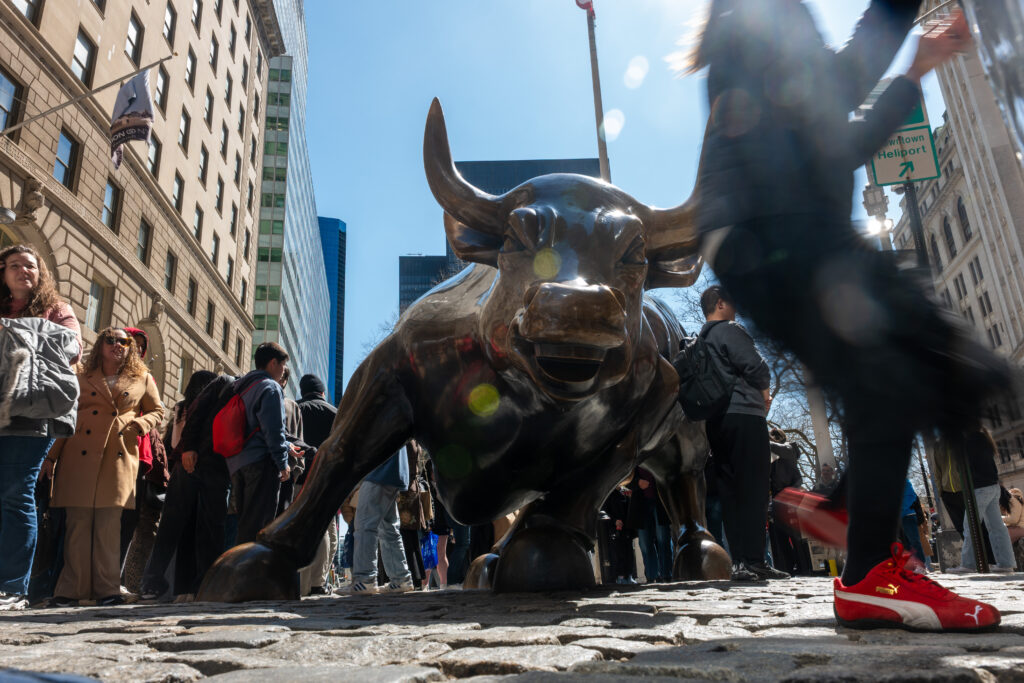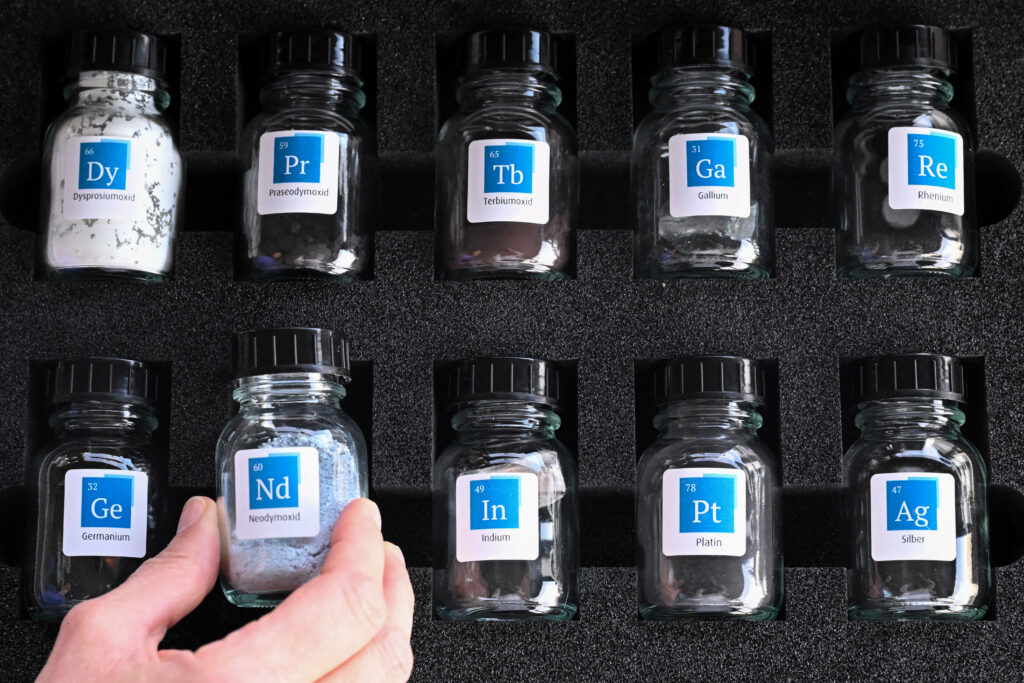Stocks extend gains on US rate cut hopes
Global stocks pushed higher on Wednesday as investors saw an increasing likelihood of another US interest rate cut next month.Crude prices steadied after falling sharply Tuesday on speculation that a Ukraine peace deal could see Russia allowed to export vastly more oil.Wall Street’s three main indices pushed higher, coming off strong gains the previous day on downbeat economic data that reinforced expectations that the Federal Reserve will cut interest rates again next month.Risk appetite was further boosted by a report that US President Donald Trump’s top economic aide was the frontrunner to become the Federal Reserve’s next boss. Kevin Hassett is a close ally of the president and Bloomberg reported that he was someone who would back Trump’s calls for more rate cuts.”It’s hard to ignore that the dramatic shifts in rate cut hopes have been the dominant market driver in recent weeks,” said Matt Britzman, senior equity analyst at Hargreaves Lansdown.Expectations for a December rate cut surged this week after several Fed officials said they backed a third straight reduction, citing labour market weakness despite stubborn inflation. Data released Wednesday showed that first-time unemployment claims dipped last week in the United States to 216,000, and came in lower than expected by analysts. “Today’s data, while a headwind of sorts for rate-cut expectations, has been a tailwind for the view that the economy can avoid a recession,” said Briefing.com analyst Patrick O’Hare.In Europe, London stocks advanced and the pound pushed higher as the centre-left Labour government delivered a tax-raising budget aimed at curbing debt and funding public services.Meanwhile, the yield on UK 10-year government bonds dipped, a sign that investors retained confidence in finance minister Rachel Reeves having control over public finances. Kathleen Brooks, research director at XTB, said market reaction suggested Reeves had “passed a major hurdle” and that her measures “have fiscal credence with investors for now”.Paris and Frankfurt stocks also gained, supported by hopes of progress toward the end of Russia’s war in Ukraine.”Now, nothing is signed yet — there’s still a lot of negotiation left — but markets have started to price in this deal, which is why both the euro and European stocks have rallied,” said Forex.com analyst Fawad Razaqzada.US envoy Steve Witkoff will visit Moscow next week to meet with Russian President Vladimir Putin as Washington presses on with negotiations to end the war.Asia stocks were also up, gains that came after a pullback on trading floors for much of November owing to worries about lofty valuations, particularly of tech firms.- Key figures at around 1630 GMT -New York – Dow: UP 0.8 percent at 47,468.06 pointsNew York – S&P 500: UP 0.8 percent at 6,820.68New York – Nasdaq Composite: UP 0.9 percent at 23,237.84London – FTSE 100: UP 0.9 percent at 9,691.58 (close)Paris – CAC 40: UP 0.9 percent at 8,096.43 (close)Frankfurt – DAX: UP 1.1 percent at 23,726.22 (close)Tokyo – Nikkei 225: UP 1.9 percent at 49,559.07 (close)Hong Kong – Hang Seng Index: UP 0.1 percent at 25,928.08 (close)Shanghai – Composite: DOWN 0.2 percent at 3,864.18 (close)Euro/dollar: UP at $1.1601 from $1.1570 on TuesdayPound/dollar: UP at $1.3233 from $1.3165Dollar/yen: UP at 156.34 yen from 155.97 yenEuro/pound: DOWN at 87.67 pence from 87.86 penceBrent North Sea Crude: UP 0.1 percent at $61.86 per barrelWest Texas Intermediate: UP 0.1 percent at $58.01 per barrelburs-rl/jxb







